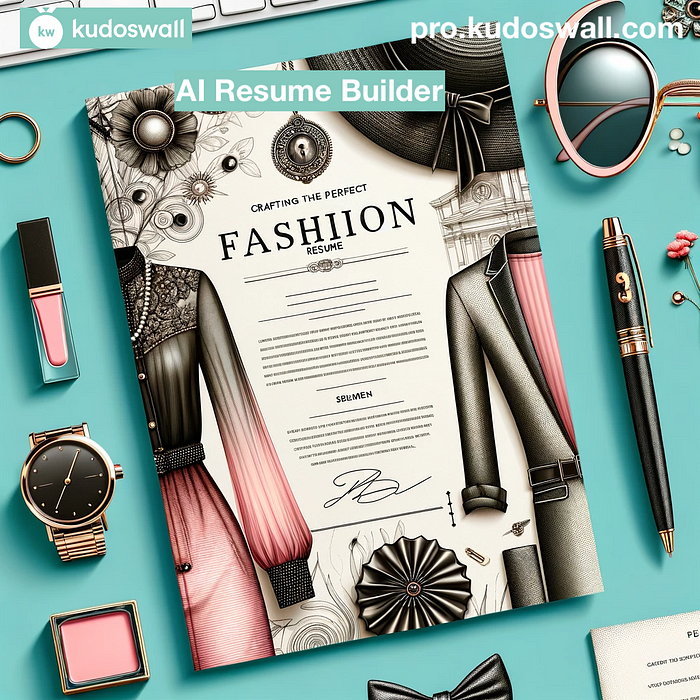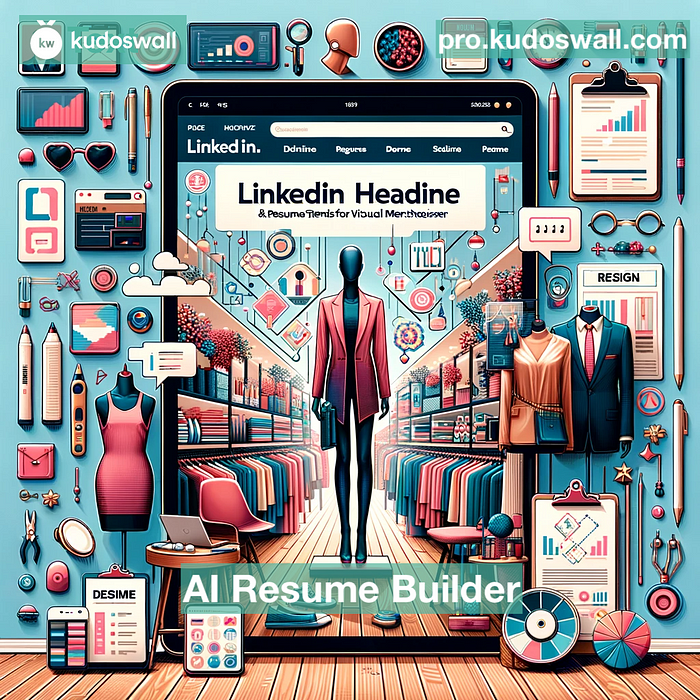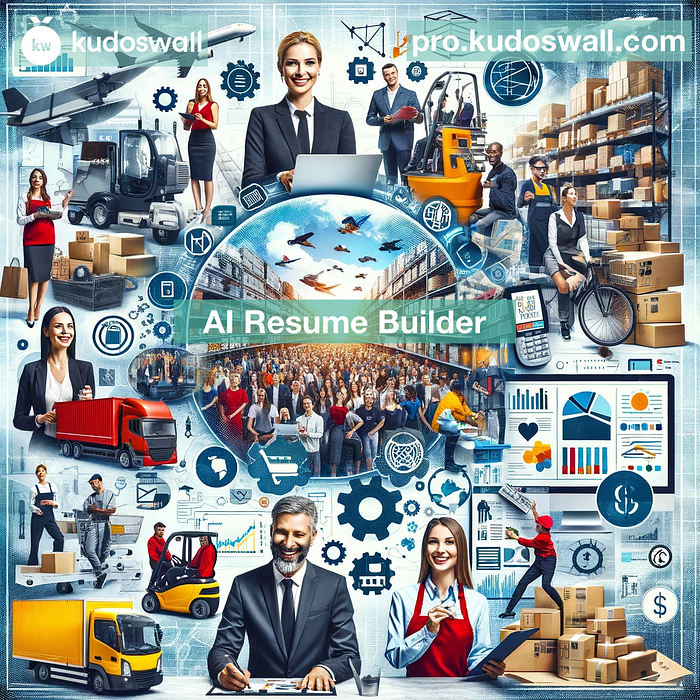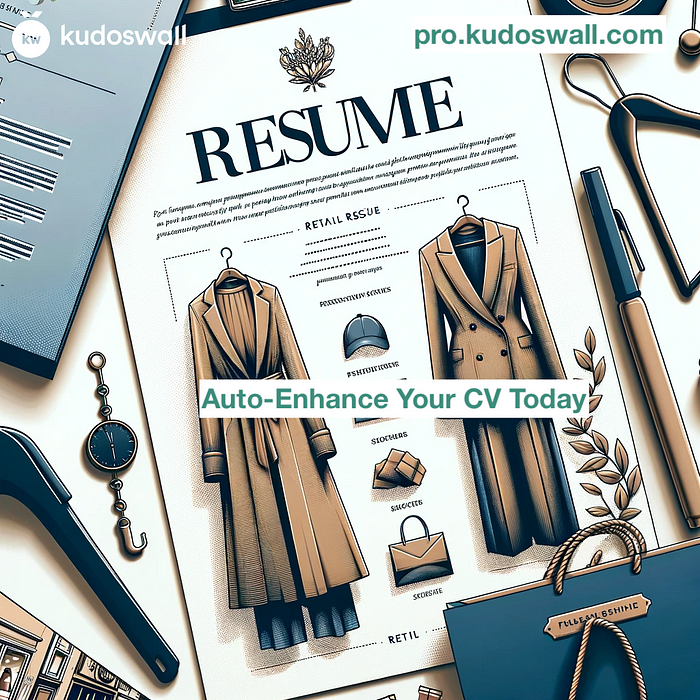-
Costume Designer Resume Example
-
Buyer Resume Example
-
Fashion Designer Resume Example
-
Fashion Designer - Portfolio
-
Fashion E-Commerce Specialist Resume Example
-
Fashion Stylist Resume Example
-
Sustainable Fashion Specialist Resume Example
-
Textile Designer Resume Example
-
Visual Merchandiser Resume Example
-
Warehouse Manager Resume Example
Expert Career Advice for Fashion & Retail Professionals
Stay ahead in the fashion and retail industries with expert career advice. Learn how to write a standout fashion or retail resume, optimize your LinkedIn profile, and craft persuasive cover letters that catch the attention of top brands, retailers, and fashion houses.
Frequently Asked Questions (FAQ)
1. What are the top skills to highlight on a Fashion Designer resume?
Important skills include trend forecasting, fabric and pattern development, creative design, sewing and garment construction, Adobe Illustrator, CAD software proficiency, and collaboration with production teams.
2. How do I create a strong Fashion Stylist resume?
Focus on showcasing expertise in trend analysis, wardrobe curation, editorial styling, personal shopping, collaboration with fashion photographers and designers, and event-based styling projects. Including a portfolio link is also highly recommended.
3. What should a Fashion E-commerce Specialist emphasize on their resume?
Highlight skills in digital marketing, SEO optimization, conversion rate optimization (CRO), online sales strategies, e-commerce analytics, and user experience (UX) improvements for online fashion stores.
4. How can a Textile Designer stand out in their resume?
Include proficiency with textile design software like CAD, fabric and pattern creation skills, sustainable material knowledge, experience in fabric sourcing, and collaboration with production teams. Examples of past textile projects can further strengthen the resume.
5. What is important to include in a Buyer resume for fashion industry?
A Buyer resume for fashion industry must include negotiation skills, market trend analysis, vendor management, product selection expertise, and data-driven decision-making in purchasing processes. Highlighting experience in reducing costs and increasing sales is beneficial.
6. What makes a strong Costume Designer resume?
Focus on costume creation and design experience for theatre, film, or stage productions. Emphasize skills such as historical research, fabric selection, sewing, collaboration with production teams, and wardrobe maintenance for performances.
7. How should a Sustainable Fashion Specialist structure their resume?
Emphasize eco-friendly practices, sustainable material sourcing, supply chain management experience, lifecycle analysis expertise, and the implementation of circular fashion strategies. Including measurable impacts on reducing environmental footprints is highly recommended.
8. What certifications can enhance a Fashion Industry resume?
Relevant certifications include those in fashion design, sustainable fashion, digital marketing for e-commerce, textile design, and project management. These certifications demonstrate a commitment to professional development.
9. Should I include a portfolio link on my fashion-related resume?
Yes, a portfolio link showcasing your past projects, designs, and styling work provides visual proof of your capabilities and creativity, making it a valuable addition to any fashion-related resume.
10. How do I tailor my fashion resume for specific roles in the industry?
Customize your resume by emphasizing skills and experiences that align with the job description. For example, highlight trend analysis and styling experience for Fashion Stylist roles or sustainable material expertise for Sustainable Fashion Specialist positions.
11. Can you summarize fashion skills for resume of a fashion buyer?
When crafting a resume for a fashion buyer role, include skills that highlight your expertise in market research, trend analysis, vendor negotiation, and inventory management. Strong analytical abilities, budgeting skills, and knowledge of fabrics and fashion trends are essential. Use KudosWall’s A I Resume Builder to tailor your resume and ensure it effectively showcases these key fashion skills for resume optimization.













